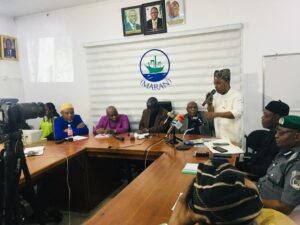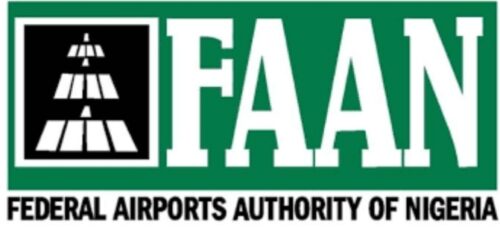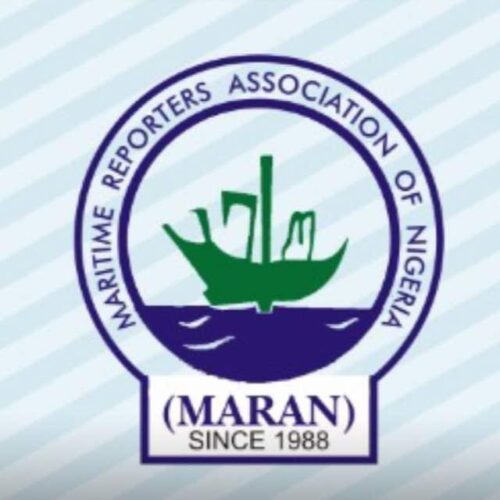Stakeholders Express Worry Over Cost Implication of ICTN Despite Benefits
…Shippers’ Council: we are ready for implementation
…Customs: cost will be offset by reduced delays, obliterated demurrage costs
…Musa: ICTN should be implemented by Customs
By Nifemi Coker

The implementation of the International Cargo Tracking Note (ICTN) remains a contentious issue as maritime stakeholders gathered at a roundtable organized by the Maritime Reporters Association of Nigeria (MARAN) to discuss its benefits and challenges.
While all participants acknowledged the importance of ICTN in enhancing cargo security, revenue generation, and trade efficiency, disagreements surfaced over how it should be implemented and the cost Implication of the technology.
Proponents of ICTN highlighted its ability to provide real-time cargo tracking, minimize the importation of harmful goods, and improve trade monitoring. They argued that ICTN would streamline operations, enhance security, and ultimately boost Nigeria’s maritime sector.

Assistant Comptroller General (ACG) Charles Orbih, representing the Comptroller General of the Nigeria Customs Service (NCS), Adewale Adeniyi, reassured stakeholders that ICTN costs would be balanced by reduced delays and it’s attendant reduction on demurrage charges.
“In countries where similar schemes are operational, evidence shows that ICTN significantly enhances trade efficiency and security. Section 28 of the Nigeria Customs Service Act, 2023, empowers Customs to develop and maintain electronic tracking systems for cargo,” Orbih stated.
He also emphasized that ICTN would not introduce additional bureaucracy but instead integrate with existing systems to ensure seamless cargo movement.
Despite these assurances, some stakeholders raised concerns over the legal framework and cost implications of ICTN. National President of the National Council of Managing Directors of Licensed Customs Agents (NDLCA), Lucky Eyis Amiwero, argued that ICTN is not backed by any formal law and could lead to higher clearing costs.
“You cannot operate a system without legal backing. ICTN is already covered within Customs laws, making its separate implementation unnecessary,” Amiwero asserted.
Similarly, Dr. Segun Musa, Chairman of Widescope International Logistics, dismissed ICTN as an “intellectual fraud,” claiming it duplicates existing Customs procedures. He argued that ICTN was previously resisted in the aviation sector and should not be imposed on the maritime industry.
Pius Akutah, Executive Secretary of the Nigerian Shippers’ Council (NSC), represented by Director of Consumer Affairs, Celestine Akujobi, reiterated that ICTN is a cargo monitoring initiative supported by the United Nations Conference on Trade and Development (UNCTAD).
He cited examples of other African nations that have successfully implemented ICTN, including Ghana and Benin Republic, arguing that Nigeria should follow suit.
“Benin Republic has had ICTN in place since 2006. Nigeria previously implemented it but later suspended it. We are ready to work with stakeholders to ensure its smooth reintroduction,” Akujobi said.
MARAN President, Godfrey Bivbere, stressed the need for dialogue to address ICTN’s controversies. He noted that ICTN has the potential to generate significant revenue and enhance cargo monitoring, particularly for crude oil exports.
“Despite its benefits, ICTN has faced multiple suspensions due to corruption, bureaucratic challenges, and stakeholder conflicts. If implemented properly, it can help curb oil theft and improve transparency in the maritime sector,” Bivbere said.
He called on stakeholders to put aside their differences and find a workable solution that balances trade facilitation with national security and revenue generation.
As discussions continue, the key challenge remains finding a common ground that ensures ICTN’s effectiveness without burdening shippers with excessive costs. While the Nigeria Customs Service insists it is ready for phased implementation, industry players demand clearer legal backing and cost transparency before moving forward.






